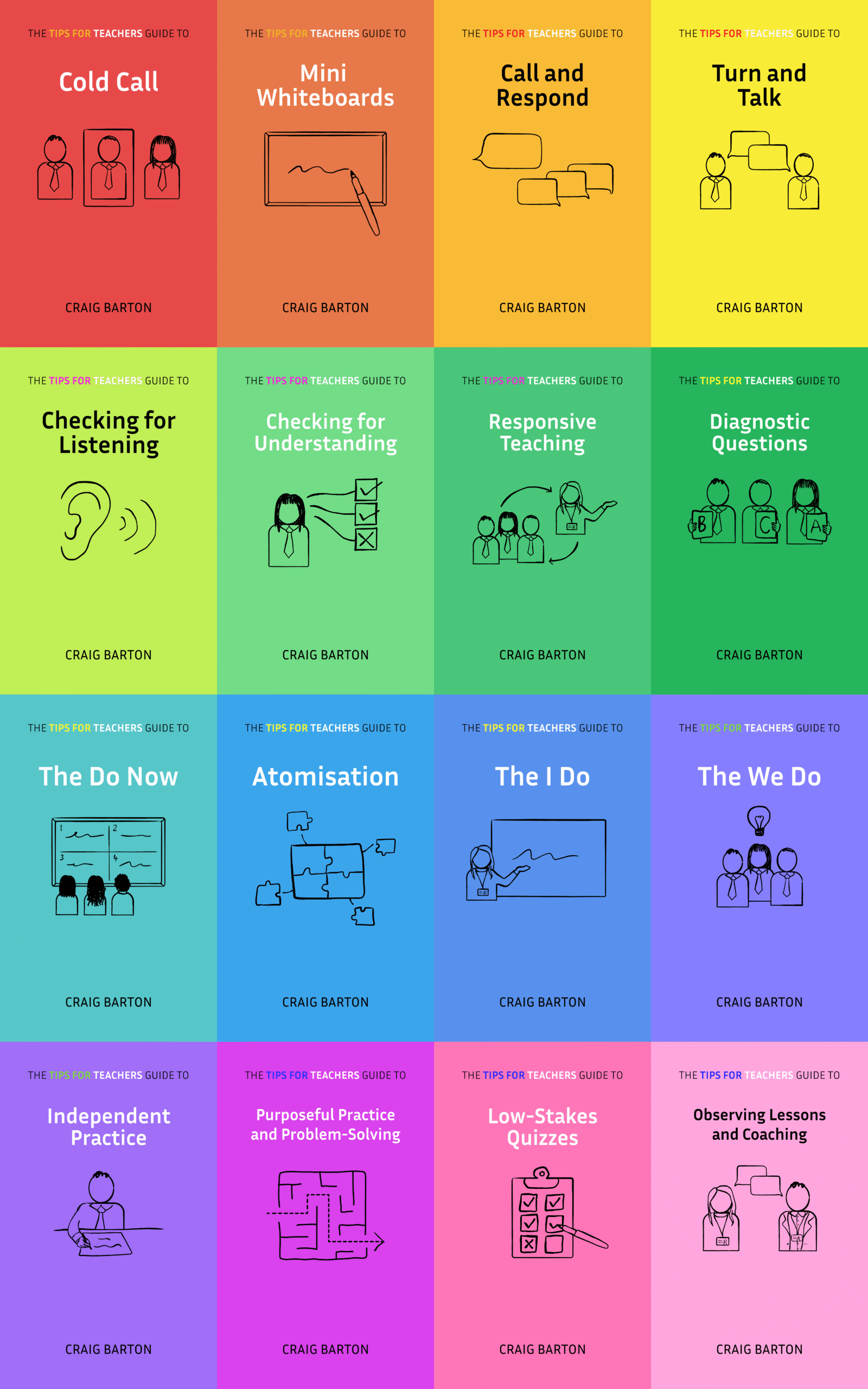
- Title: Retrieval Practice “in the Wild”: Teachers’ Reported Use of Retrieval Practice in the Classroom
- Authors: Bates and Shea
- Access the original paper here
- Listen to a deep-dive podcast:
Paper summary
This study investigates how teachers in England are utilizing retrieval practice in their classrooms. The researchers conducted a survey of 153 teachers, finding that almost all teachers regularly incorporate retrieval practice in their lessons, often using quizzes and short-answer questions. The study explores the various ways teachers learn about retrieval practice, where they place it within their lessons, and the reasons behind their use of it. It also examines teachers’ responses to student performance on retrieval practice activities and how they incorporate feedback into their instruction. The authors argue that retrieval practice is a valuable tool for enhancing student learning and emphasize the need for further research into the effectiveness of different retrieval practice strategies and how they can be integrated into classroom practice.
What are the key implications for teachers in the classroom?
- Retrieval practice has been widely adopted by teachers as a regular classroom learning strategy. Teachers use this strategy even when it isn’t required by school policy.
- Teachers are using retrieval practice for more than just revision or formative assessment. For many teachers, retrieval practice is used as a learning strategy. One of the most common reasons teachers gave for using retrieval practice is to have students recall previously learned material that connects to the current lesson.
- There is a potential for retrieval practice to improve classroom behavior. While this benefit hasn’t been extensively studied, some teachers reported that retrieval practice activities at the beginning of a lesson helped settle students and set the tone for learning.
- The most common formats for retrieval practice are quizzes and short-answer questions. While other formats like matching and fill-in-the-blank have shown higher effect sizes in some studies, teachers seem to favor formats that align with standardized assessment formats.
- Verbal questioning, a common classroom practice, hasn’t been thoroughly investigated as a form of retrieval practice. Further research is needed to determine if verbal questioning offers mnemonic benefits and if teachers are aware of its potential as a retrieval practice tool.
- Teachers use retrieval practice at different points in a lesson, with the beginning and throughout the lesson being the most common choices. The optimal placement of retrieval practice within a lesson is still an area with limited research.
- Teachers frequently reteach content after retrieval practice activities, particularly when students do not perform well. However, the effectiveness of this reteaching in enhancing learning beyond retrieval practice and corrective feedback needs further investigation.
- There are several areas for future research, including:
- Observing teacher’s retrieval practice methods in the classroom, as opposed to relying on self-reported data.
- Examining the role of questioning as a retrieval practice strategy.
- Investigating the impact of reteaching after retrieval practice on curriculum coverage and student learning.
- Understanding how the use of no-stakes retrieval practice, or providing only correct answers, affects student performance.
- Exploring variations in the effectiveness of retrieval practice across different age groups and schooling contexts.
The sources emphasize the importance of ongoing research to better understand how retrieval practice can be implemented most effectively in real-world classroom settings.
Quote
We also hope it serves to initiate productive conversations between teachers and researchers beyond the current call by researchers to merely use retrieval practice in the classroom








